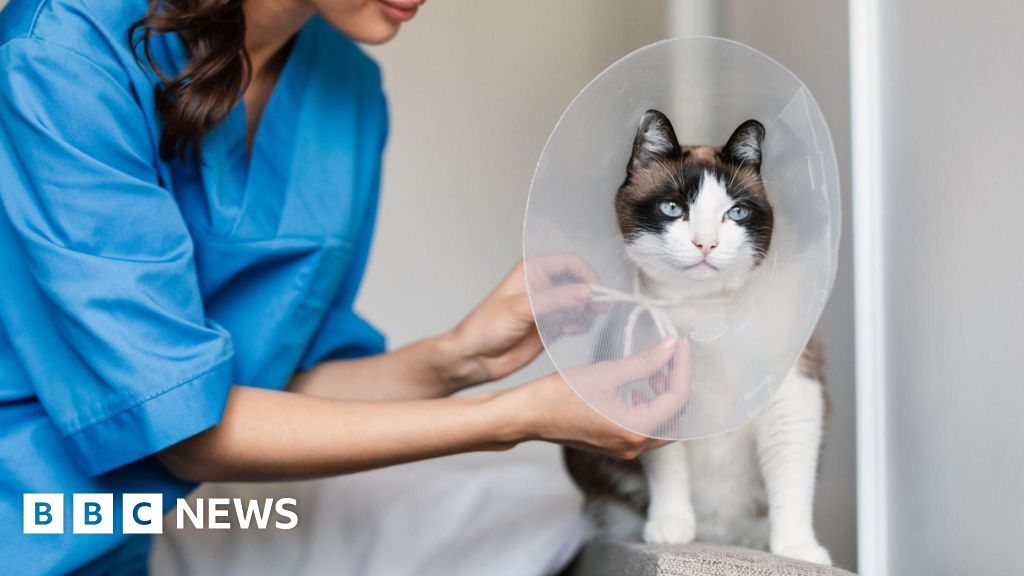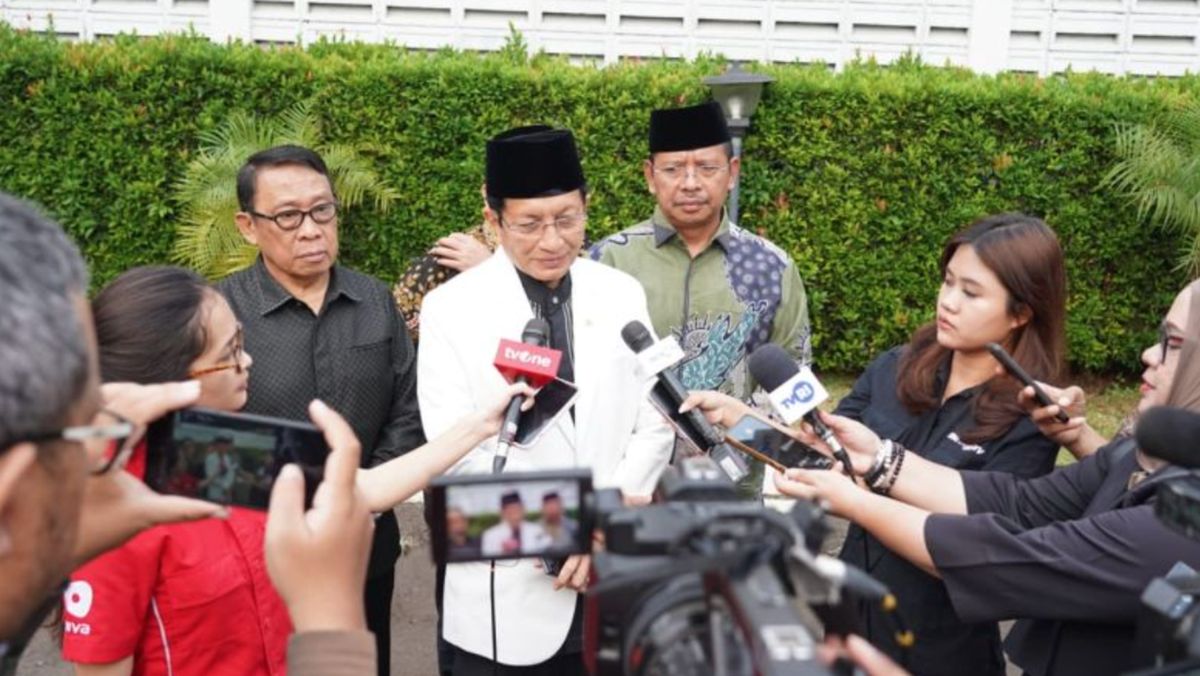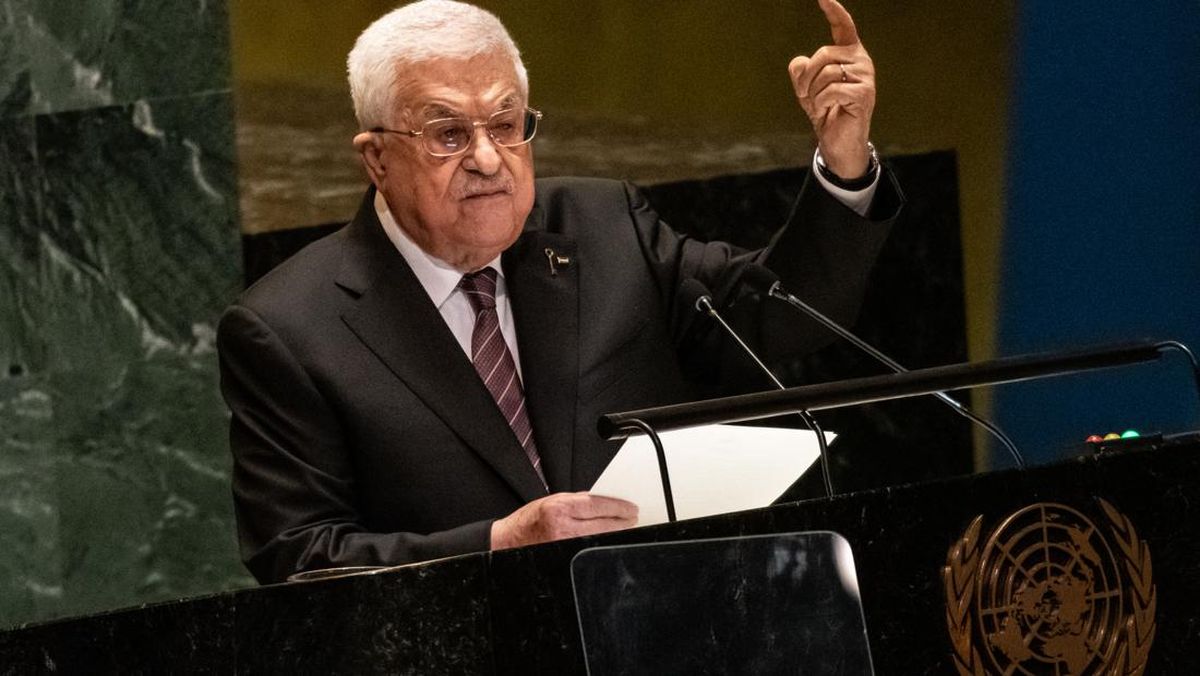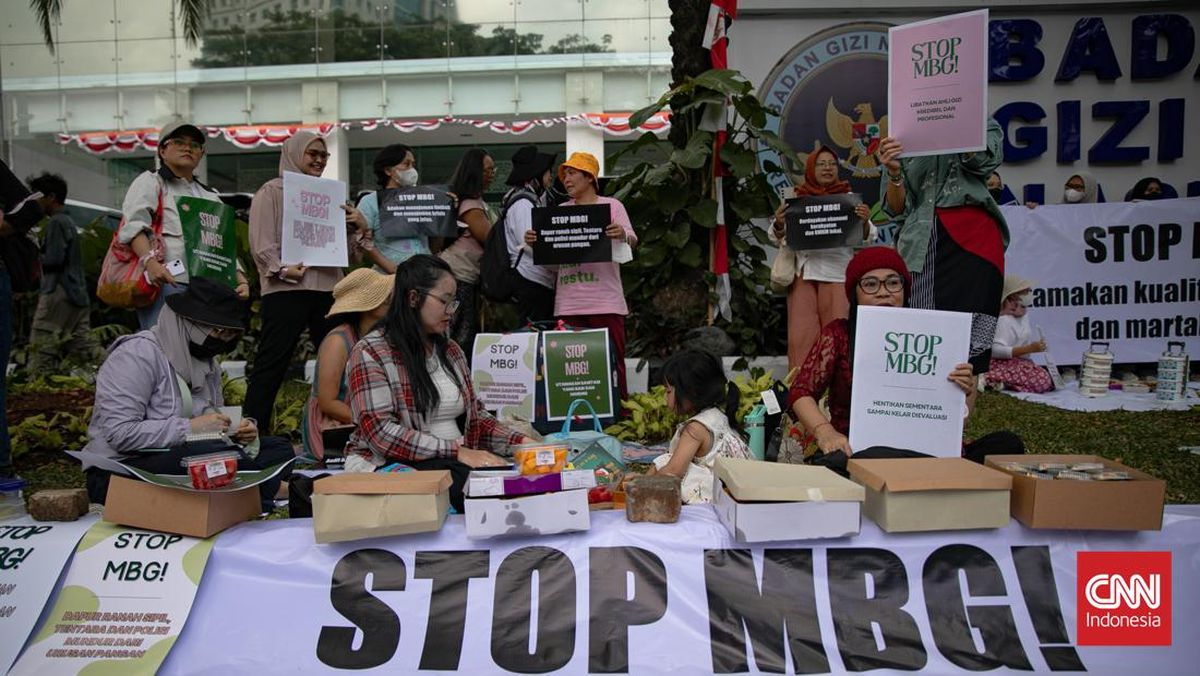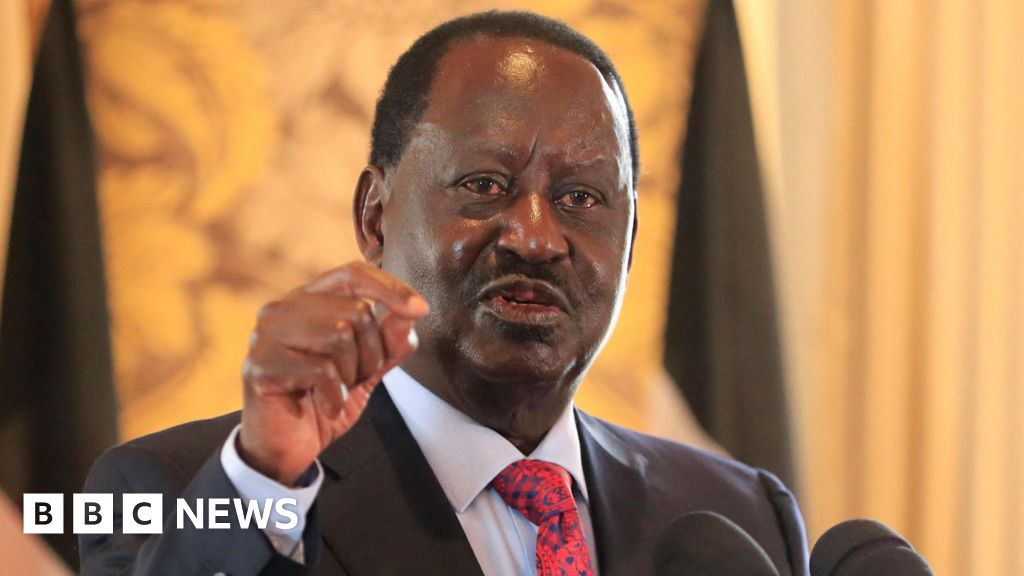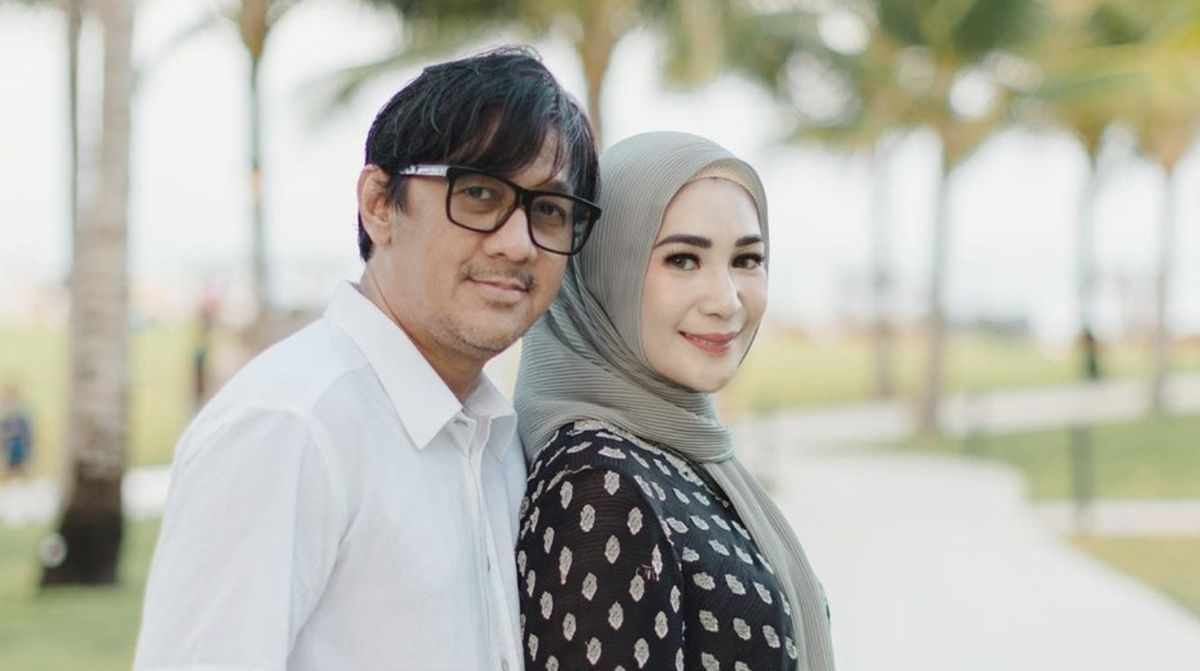The Albanese government’s well-intentioned attempt to strengthen online safety for Australian children faces even more challenges following ChatGPT’s decision to allow users to generate porn to compete with a more explicit chatbot built by Elon Musk.
Until now, ChatGTP has been a general-purpose artificial intelligence enthusiastically used by students and professionals, but its move into the skin trade comes just months after Musk’s AI, Grok, offered highly sexualised chatbot girlfriends that engage in sexual conversations with 12-year-olds.

ChatGPT has moved into the skin trade.Credit: Reuters
The chief executive officer of ChatGPT-owner OpenAI, Sam Altman founded the company with Musk, but the latter left in 2018 to concentrate on Tesla. The pair have been one-upping each other ever since and Altman took to social media to announce customers would have access to “erotica” as part of his company’s “principles” to treat adult users like adults. “Now that we have been able to mitigate the serious mental health issues and have new tools, we are going to be able to safely relax the restrictions in most cases,” Altman wrote on X, announcing the formation of a council on “well-being and AI” to help shape OpenAI’s response to “complex or sensitive” scenarios.
What specious claptrap. ChatGPT is nobody’s friend, has no experience in treating medical health and is simply interested in outdoing Musk by catering to all tastes.
Last November, the Albanese government announced legislation to enforce a minimum age of 16 years for social media. The Online Safety Amendment (Social Media Minimum Age) bill comes into effect in December and will require social media platforms to take reasonable steps to prevent under-16s from having accounts and places the onus on social media platforms – rather than parents or young people – to take reasonable steps to ensure protections are in place and carries fines of up to $49.5 million for systemic breaches.
The reforms are still a work in progress. While Snapchat, Instagram, Facebook, TikTok, Twitter/X and YouTube are included in the ban, it remains unclear what other companies would be impacted. There are also concerns about the protection of children’s privacy, with many pointing out that young people will find ways around the guide rails. But that is not an argument in favour of doing nothing.
AI chatbots are tools with clear benefits, and they can assume a life of their own: one British study found one in eight children who use AI chatbots said they talk to them because they have no one else.
According to AI, Open AI is a company that emphasises developing AI with safety and human needs at its core. But in its rush to monetise customers and treat adults with equity, it is unable to provide credible guarantees that children will be protected against rapacious profit-taking.
The problem is not porn on the internet. The risk here is an uncritical adoption of a technology that could soon begin to erode the importance of consent and in the end counter Australian efforts to strengthen online safety.








